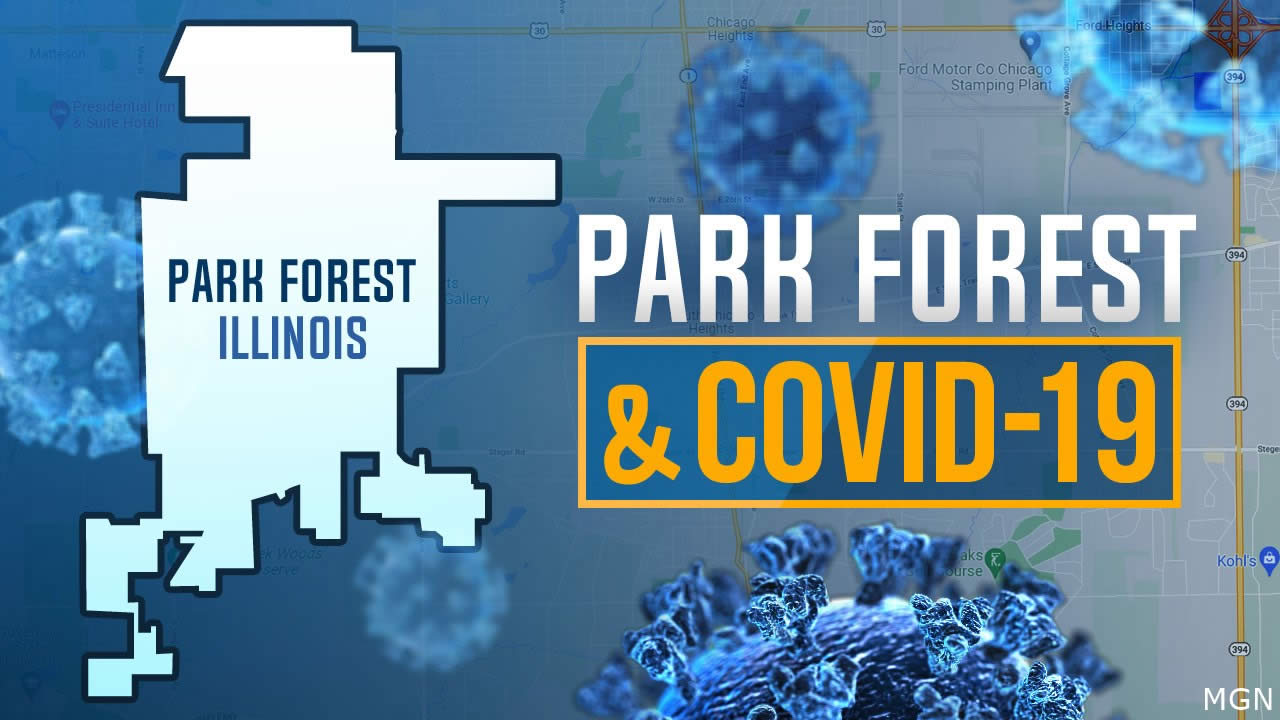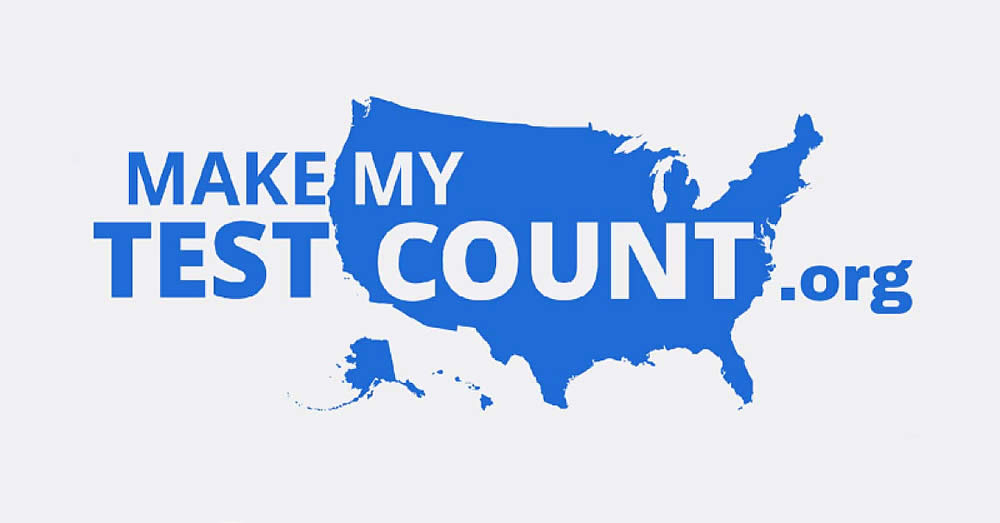
Washington, D.C.-(ENEWSPF)- You should get a COVID-19 vaccine even if you already had COVID-19, the CDC reports. No currently available test can reliably determine if you are protected after being infected with the virus that causes COVID-19. Get vaccinated!
Getting a COVID-19 vaccine after you recover from infection with the virus that causes COVID-19 provides added protection to your immune system. People who already had COVID-19 and do not get vaccinated after their recovery are more likely to get COVID-19 again than those who get vaccinated after their recovery.
If you currently have COVID-19, you should wait to get your vaccine until your symptoms are gone (if you had symptoms) and you are done with your isolation period.
If you are not vaccinated and were exposed to someone with COVID-19, you should wait until your quarantine is over to avoid getting others sick while you get your vaccine.
Find a Vaccine
Vaccines are widely available. In many cases, you do not need an appointment.
- The federal government is providing COVID-19 vaccines free of charge to everyone ages 5 years and older living in the United States, regardless of their immigration or health insurance status.
- Most people in the United States live within 5 miles of a COVID-19 vaccination location.
In Park Forest, you can get vaccinated at CVS Pharmacy and Walgreens.
Routine Medical Procedures and Screenings
Most routine medical procedures and screenings can be performed before or after COVID-19 vaccination. However, if you are due for a mammogram, ask your doctor about when you should get a vaccine. Some experts recommend getting your mammogram before being vaccinated or waiting four to six weeks after getting your shot. People who have received a COVID-19 vaccine can have swelling in the lymph nodes (lymphadenopathy) in the underarm near where they got the shot. This is more common after booster or additional doses than after the primary vaccination series. It is possible that this swelling could cause a false reading on a mammogram.
Talk to your doctor if you have any questions or concerns about getting vaccinated before or after any routine medical procedures or screenings.
Considerations for Taking Medication before Getting Vaccinated
It is not recommended you take over-the-counter medicine (such as ibuprofen, aspirin, or acetaminophen) before vaccination for the purpose of trying to prevent vaccine-related side effects. It is not known how these medications might affect how well the vaccine works. If you take these medications regularly for other reasons, you should keep taking them before you get vaccinated. It is also not recommended to take antihistamines before getting a COVID-19 vaccine to try to prevent allergic reactions.
Learn more about medications to relieve post-vaccination side effects.
For most people, it is not recommended to avoid, discontinue, or delay medications that you are routinely taking for prevention or treatment of other medical conditions around the time of COVID-19 vaccination.
If you are taking medications that suppress the immune system, you should talk to your healthcare provider about what is currently known and not known about the effectiveness of getting a COVID-19 vaccine. Ask about the best timing for receiving a vaccine. Learn more about COVID-19 vaccines for moderately to severely immunocompromised people.
Most people who take medication can get a COVID-19 vaccine. Taking one of the following medications is not, on its own, a reason to avoid getting your COVID-19 vaccination:
- Over-the-counter medications (non-prescription)
- Non-steroidal anti-inflammatory drugs (NSAIDs) (naproxen, ibuprofen, aspirin, etc.)
- Acetaminophen (Tylenol, etc.)
- Biologics or biologic response modifiers that treat autoimmune diseases
- Chemotherapy or other cancer treatment medications
- Antiviral medication
- Antibiotics
- Statins
- Blood pressure medications/antihypertensives (amlodipine, lisinopril, etc.)
- Diuretics
- Thyroid medications
- Antidepressants
- Metformin
- Diabetic medications
- Insulin
- Steroids (prednisone, etc.)
This is not a complete list. It is meant to provide some examples of common medications. Taking any of these medications will not make COVID-19 vaccination harmful or dangerous.
If you have questions about medications that you are taking, talk to your healthcare professional or your vaccination provider.
LEARN MORE HERE from the CDC.








